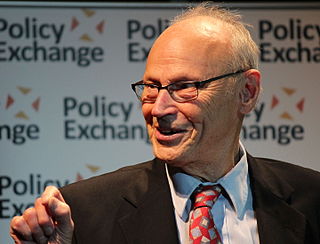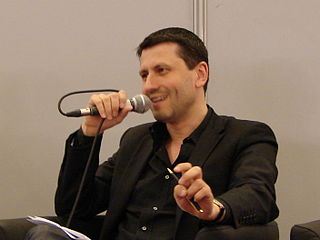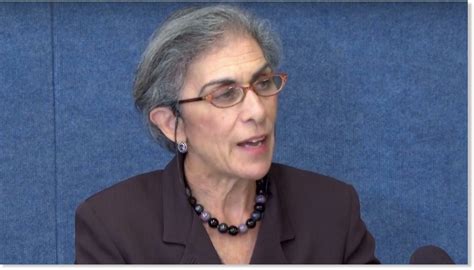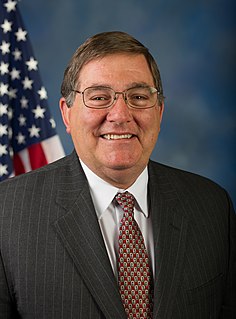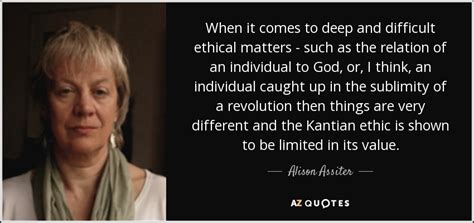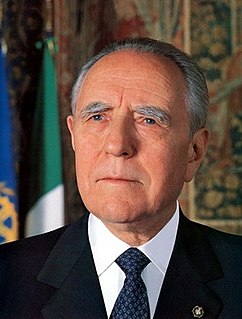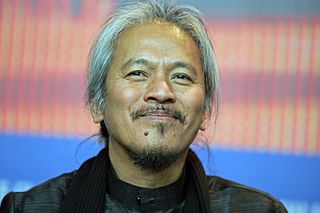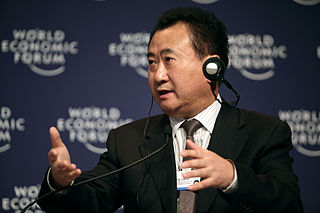Top 1200 Cultural Barriers Quotes & Sayings - Page 2
Explore popular Cultural Barriers quotes.
Last updated on April 16, 2025.
The family is both a biological and a cultural group. It is biologic in sense that it is the best arrangement for begetting children and protecting them while they are dependent. It is a cultural group because it brings into intimate association persons of different age and sex who renew and reshape the folkways of the society into which they are born. The household serves as a "cultural workshop" for the transmission of old traditions and for the creation of new social values.
Cultural speciation had been crippling to human moral and spiritual growth. It had hindered freedom of thought, limited our thinking, imprisoned us in the cultures into which we had been born. . . . These cultural mind prisons. . . . Cultural speciation was clearly a barrier to world peace. So long as we continued to attach more importance to our own narrow group membership than to the ‘global village’ we would propagate prejudice and ignorance.
Art should not be bound by barriers or language. The Hindi film industry is a testament to that. We speak only Hindi, but we premiere in Germany and Japan. Our films do phenomenally well there. We transcend the barriers of language and culture. We welcome you in. I think that's what art should be, and I hope America reaches that place.
There could be an independent labor-based party, which might over time become an important force the way the Labor Party did in England. To all of these things there are plenty of barriers, in the culture and in the social and political institutions, the concentration of economic power. But these are not insuperable barriers, I think. They can be overcome. And it is urgent that this be done, because there are really incredible problems that are simply not being addressed.
We saw, then, journalists and researchers being arrested. And so this is sort of the latest expansion they say - cultural targets where young people gather, where they exchange cultural and political ideas. So that may be one of the reasons, although the government hasn't made any public comments on these raids.
In America, and no doubt elsewhere, we have such a tendency toward the segregation of cultural products. This is a black book, this is a gay book, this is an Asian book. It can be counterproductive both to the literary enterprise and to people's reading, because it can set up barriers. Readers may think, "Oh, I'm a straight man from Atlanta and I'm white, so I won't enjoy that book because it's by a gay black woman in Brooklyn." They're encouraged to think that, in a way, because of the categorization in the media.
I envisioned an extremely long network of floating barriers - they're like curtains floating in the ocean which are attached to the seabed. So what happens is that the current comes around and plastic gets pushed towards these barriers. And because it's in a V-shape, the plastic gets push towards the center.
I think there's no question that the barriers, the fences and in certain urban areas, the walls, have had an important effect in terms of increasing the manageability and the security of the border. But in fact as Secretary of Homeland Security General John Kelly acknowledged at his confirmation hearing, walls and barriers alone are insufficient to insure security.
The idea of cultural relativism is nothing but an excuse to violate human rights. Human rights is the fruit of various civilizations. I know of no civilization that tolerates or justifies violence, terrorism, or injustice. There is no civilization that justifies the killing of innocent people. Those who are invoking cultural relativism are really using that as an excuse for violating human rights and to put a cultural mask on the face of what they're doing.
Being your best is not so much about overcoming the barriers other people place in front of you as it is about overcoming the barriers we place in front of ourselves. It has nothing to do with how many times you win or lose. It has no relation to where you finish in a race or whether you break world records. But it does have everything to do with having the vision to dream, the courage to recover from adversity and the determination never to be shifted from your goals.
One thinks that one is winning when we slap tariffs or introduce barriers to imports from another country, and we think we win. But you lose when you export because the other countries are going to raise tariffs as well. They're going to introduce barriers as well. So you win with one hand and you lose with the other.
As the witness testified before my Subcommittee on Immigration, that barriers magnify the ability of every Border Patrol agent to be more effective. And so if you make up your mind, you can build substantial mileage barriers. It will increase the ability of our officers to perform, and the most important thing is, it sends a message to the world, the border is closed.
In the information age, the barriers [to entry into programming] just aren't there. The barriers are self imposed. If you want to set off and go develop some grand new thing, you don't need millions of dollars of capitalization. You need enough pizza and Diet Coke to stick in your refrigerator, a cheap PC to work on, and the dedication to go through with it. We slept on floors. We waded across rivers.



